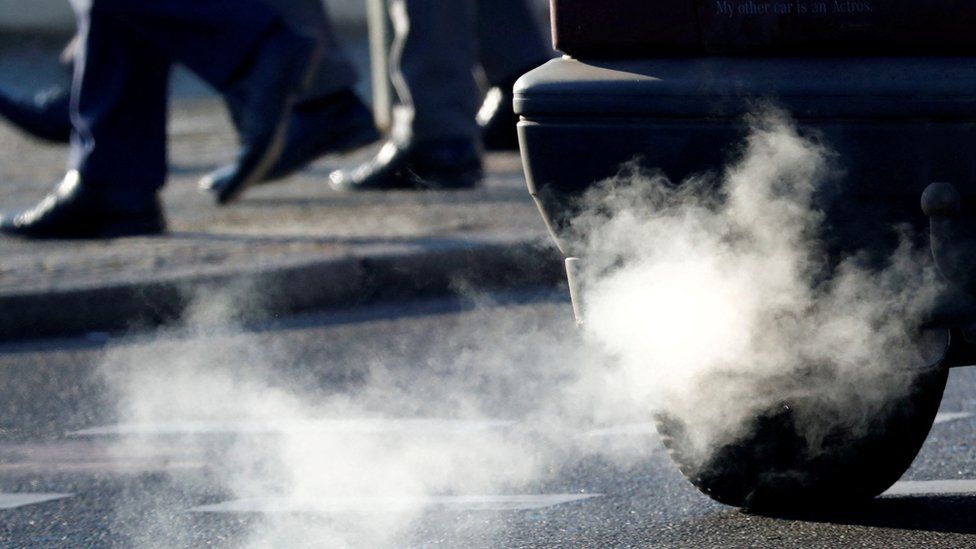ARTICLE AD BOX
 Image source, Reuters
Image source, Reuters
An exhaust pipe of a car in Berlin, Germany
By Rachel Russell
BBC News
Countries in the European Union have approved a landmark law that will ensure all new cars sold from 2035 must have zero emissions.
Poland voted against the law, while Italy, Bulgaria and Romania abstained.
The agreement was delayed for weeks after Germany called for an exemption for cars running on e-fuels.
E-fuels are considered carbon neutral because they use captured CO2 emissions to balance out the CO2 released when the fuel is combusted in an engine.
The new law had been expected to make it impossible to sell internal combustion engine cars in the EU from 2035.
However, the exemption won by Germany will now help those with traditional vehicles - even though e-fuels are not yet produced at scale.
The EU will say how sales of e-fuel-only cars can continue later this year.
Passenger cars and vans are responsible for about 12% and 2.5% of total EU emissions of CO2, the main greenhouse gas, according to the European Commission.
Earlier this month the UN warned that the world was likely to miss a target for limiting the rise in global temperatures to 1.5C.
The new EU law will require all new cars sold to have zero CO2 emissions from 2035, and 55% lower CO2 emissions from 2030, compared to 2021 levels.
Germany's late opposition came after EU countries and politicians had already agreed the 2035 phaseout and caused anger among some EU diplomats.
"As a matter of principle, we don't like this approach. We think it is not fair," Spanish energy minister Teresa Ribera said, adding that current assessments suggested e-fuels were too expensive to become widely used.
Porsche and Ferrari are among the supporters of e-fuels, which they see as a way to avoid their vehicles being weighed down by heavy batteries.
But other carmakers including Volkswagen, Mercedes-Benz and Ford will use electric vehicles to decarbonise.
German transport minister Volker Wissing said Tuesday's agreement would "open up important options for the population towards climate-neutral and affordable mobility".
EU climate policy chief Frans Timmermans added: "The direction of travel is clear: in 2035, new cars and vans must have zero emissions,"

 1 year ago
66
1 year ago
66








 English (US) ·
English (US) ·